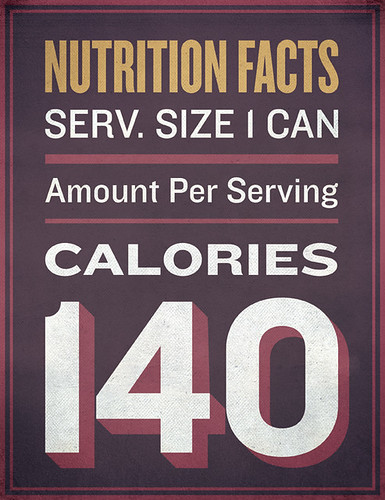By Richard Labaki
(RenYou) “How many calories should I ingest on a daily basis in order to be healthy and to manage my bodyweight?” This is a question that I get asked repeatedly. And my answer is always the same: Eat as much as you want, as long as your calories are coming from the right food sources. Alright, I can hear you wondering how preposterous this sounds – how come it’s possible to eat as much as you want! What if you overeat – wouldn’t this make you gain weight? Besides, you are constantly informed by the media as well as most dieticians that counting calories is essential to staying slim.
Well let us get this straight: First, don’t believe everything you hear – be it through the media or as conveyed by the so-called experts, who probably don’t keep abreast of the latest research and very likely stopped reading scientific books the minute they earned their degree. Nutrition, and its impact on health, is one of those fields that are constantly being shaped by ongoing studies. It is a moving target. And so while some principles remain sound and solid, others crumble under the weight of new and credible research. Counting calories is one such principle that has been proven to be neither effective nor practical (come on, do you actually have the time and the energy to calculate every food item you ingest even if counting calories were effective?!)
Here is my simple argument: The appetite center in the brain is there to maintain your health and life. Your brain is constantly monitoring the level of nutrients your body is receiving through food. When you eat “empty calories” – ones that come from processed foods, such as bread, sugar, corn flakes and others – your appetite goes into overdrive. You would be eating a lot and gaining weight but your food is devoid of the necessary nutrients to sustain health. Ironically, this makes you overweight yet totally and utterly malnourished.
Your appetite goes “mad” in an attempt to make you eat more until you acquire the needed vitamins, minerals and other nutrients. However, when you eat foods that have high nutritional value (like avocado and free-range eggs for example) and your body receives the needed nutrients, then your appetite automatically regulates over time. In other words, you reach a point where you only eat as much as your body requires – no more and no less. Moreover, healthy food choices regulate and balance all the hormones that have an impact on appetite and satiety while poor food choices (nutrient deficient meals) have the opposite effect.
So here is a word of advice: Instead of constantly worrying about how many calories you are consuming with every bite, start by focusing more on foods that nourish your body and well-being – giving you strength, energy and vitality. This is an effective – and very liberating – approach. Share your experience if you have ever tried counting calories in the past; how did it go for you?


